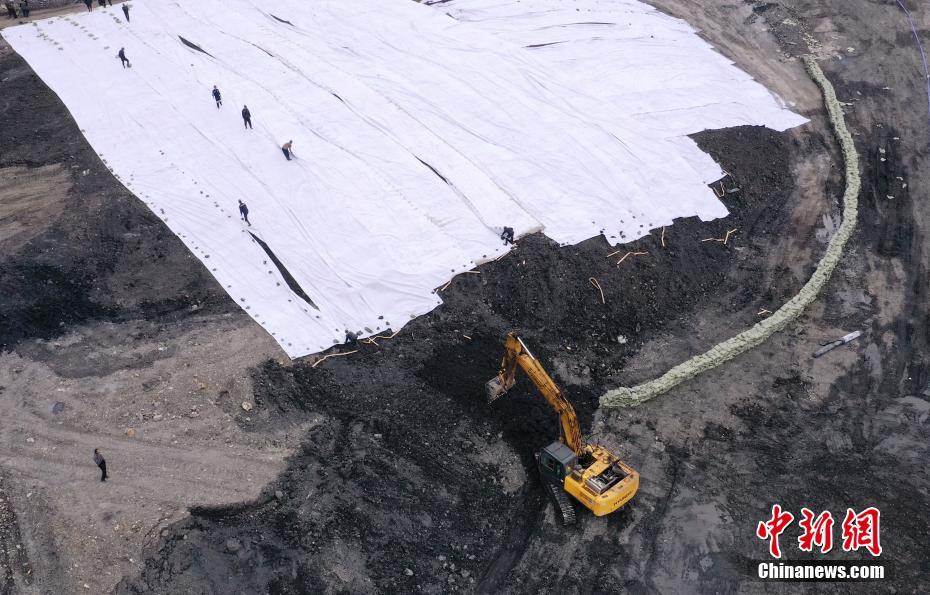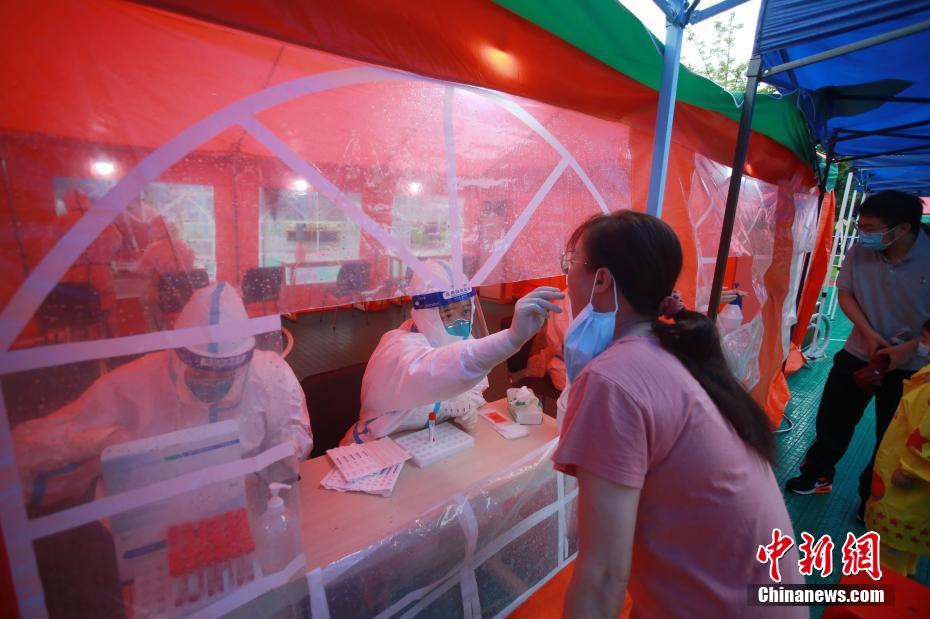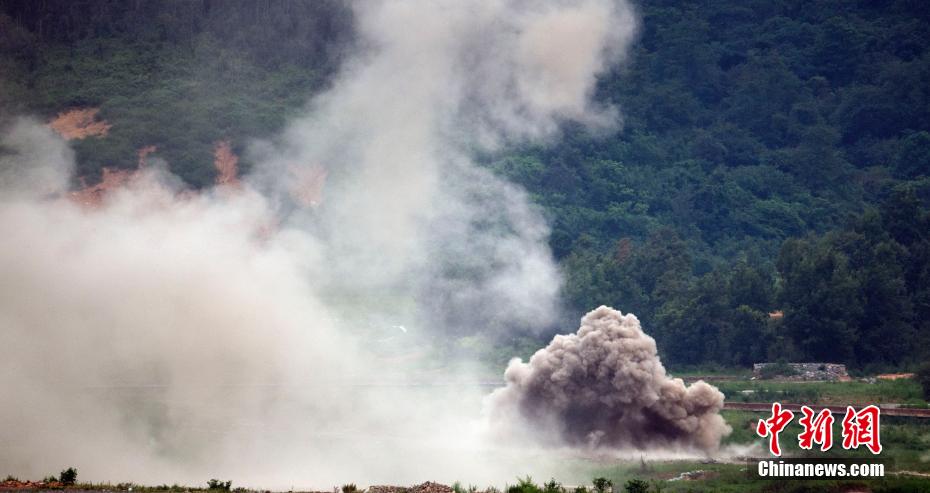【龙港市】China’s Space: Further Exploration in the Universe
At 2:57 pm on July 4th, the Shenzhou XII mission crew carried out China’s first extravehicular activity, commonly known as a spacewalk. Wearing the new-generation extravehicular suit, Chinese taikonauts Liu Boming and Tang Hongbo conducted several sophisticated maneuvers, including testing a large robotic arm, installing equipment outside the spacecraft and adjusting the external panoramic camera. It marks a great success in China’s space.
In 1992, China decided to implement manned space program and formulated “three-step” strategy. The first step is to launch manned spaceship, which was finished by Shenzhou X in 2003. The second step is to achieve breakthrough in extravehicular acitivity and rendezvous and docking of spaceship. The third step is to operate a permanent manned space station, which is the most vital mission for China. As the president Xi Jinping said, “Building a space station and national space laboratory is an important goal of the three-step strategy of China’s manned space program, and an important leading project to boost the country’s strength in science and technology, as well as in space.”
Over the past months, China has gained great fruits in space. In lunar exploration projects, China launched the Chang’e-5 probe in 2020, successfully bringing home 1,731 grams of moon samples. In carrier rockets and artificial satellites, a Long March 3C carrier rocket blasted off at the Xichang Satellite Launch Center in Sichuan province and then placed the Tianlian 1-05 satellite into a geostationary orbit, which is the last satellite in its Tianlian 1 relay spacecraft series and also marked the finale of the country’s DFH-3 satellite platform.
With the increasing national strength and significant development of China’s space industry, space missions have aroused great attention. The Chinese netizens found that names of spaceship are so romantic. For example, the first Mars rover is called Zhurong, who is the god of fire in ancient Chinese mythology. Literally, Zhu (meaning wish) expresses the good wishes for humankind's exploration of the universe. Rong (meaning integration and cooperation) reflects China's vision of the peaceful use of space and the building of a community with a shared future for humanity. Generally, it signifies igniting the flame of China’s interplanetary exploration, inspiring those working in this field to surpass themselves and pursue space dreams. From this, we can see that the Chinese people have a long-cherished space dream and these beautiful names are the crystalliazation of their infinite longing for the distant stars and unknown space.
And recently, an article written by China’s first taikonaut, Yang Liwei describing his one day in space, triggered numerous discussions on social media platforms, with many saluting Yang’s herois spirit and marveling at the country’s significant advancement in space technology. It is such taikonauts that devote themselves to the space industry and forge “two bombs and one star” spirit and manned space spirit.
No matter how the conditions change, the spirits of self-reliance and hard work should not be lost. In the new era, workers in the aerospace sector should strive to strengthen and expand our space exploration and make our country a great space power. Meanwhile, China will continue to advance international cooperation in an open and inclusive manner and make greater contributions to exploring the mysteries of the universe and promoting peace and developing for mankind.
本文转自:温州网 66wz.com










